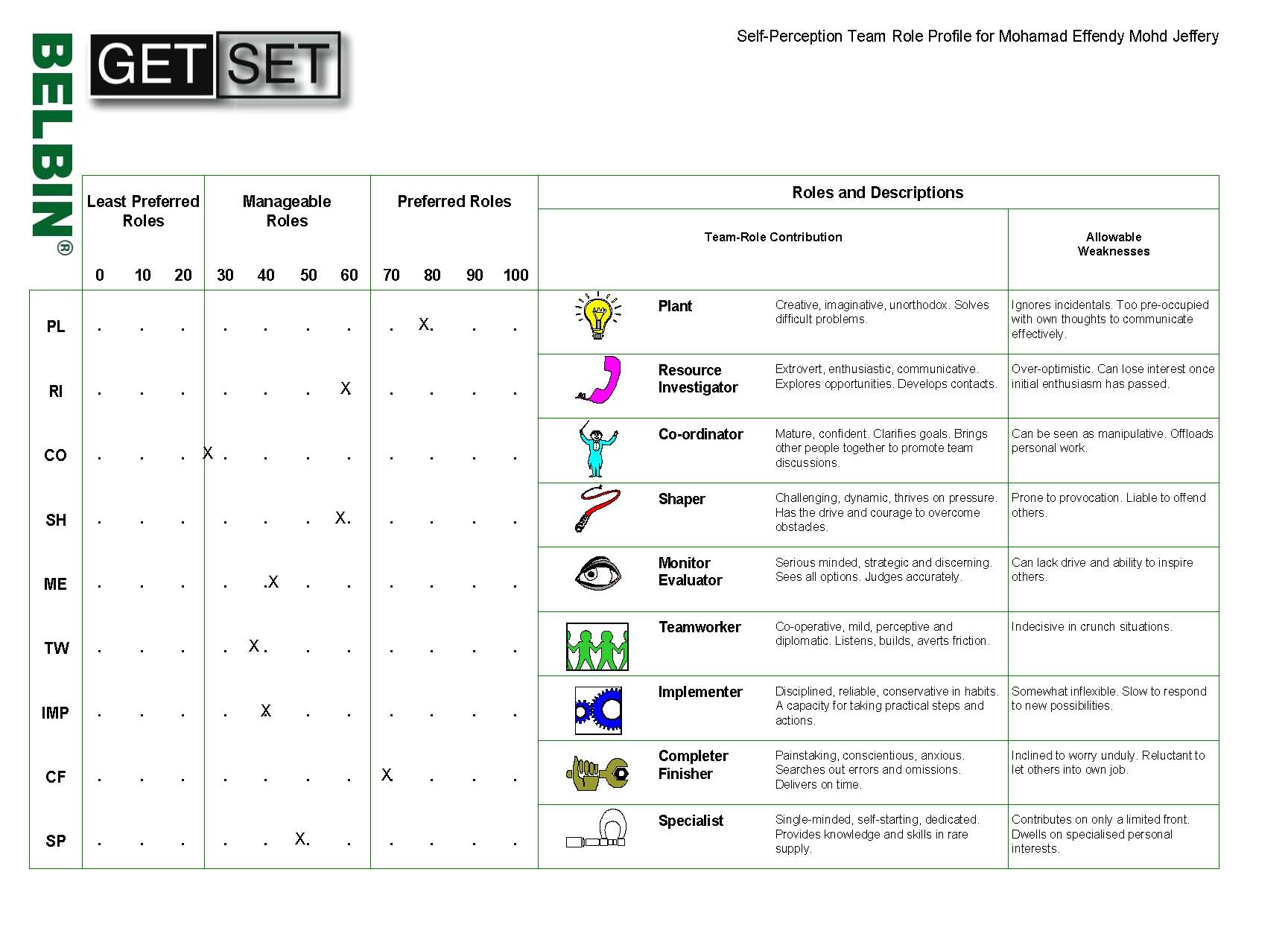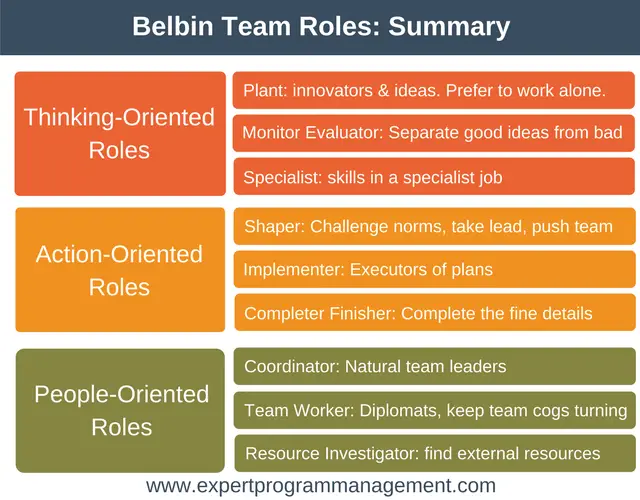
They can be a little inflexible – don’t expect a quick response to changes! An Implementer tends to be organized, disciplined, and reliable. Implementation: As the name suggests, Implementers get things done.A desire to meet deadlines can lead to conflict with others and a tendency to overstep their authority. Shaper: A Shaper drives the project forward, channeling their energy into overcoming any obstacles.A Specialist is unlikely to stray outside of their area of expertise and can become bogged down in the smaller details of a project. They tend to be dedicated, self-motivated, and highly professional. Specialist: The Specialist will bring in-depth knowledge and skills to the team.Remember that a Monitor Evaluator takes time to make decisions and can be very critical of others, which may impact the morale of the team. Monitor Evaluator: If you need logical, strategic, and impartial input, be sure to include a Monitor Evaluator in the team.They can be a little absent-minded and introverted. Plant: The Plant is a creative problem solver who often comes up with new approaches and directions.How to Use Belbin Team Roles for Your Projects 3 Belbin Thinking Orientated Roles The nine roles are briefly outlined below. These preferences also impact their interactions with other team members.


Most people enjoy working in two or three of the roles can manage one or two more, and will avoid the rest. Using these roles as a guide, you can harness the full potential of each team member and develop high performing teams. The model identifies nine types of behaviors or team roles needed for successful teamwork.

One way to build your team is to use the Belbin team roles framework. Learn more about leadership and collaboration in our free project handbook You also need to make sure that the team is balanced and can collaborate together to avoid any conflicts. Building your project team is not just about skills and experiences.


 0 kommentar(er)
0 kommentar(er)
